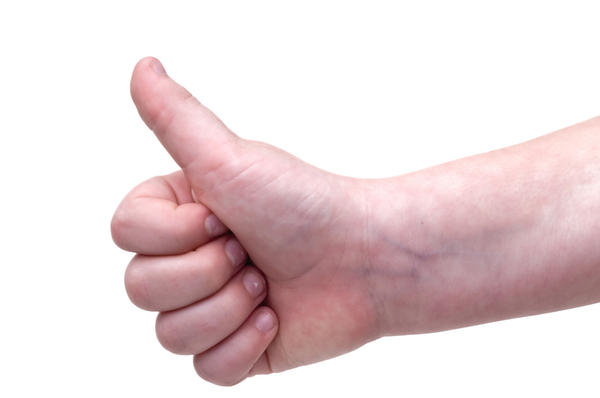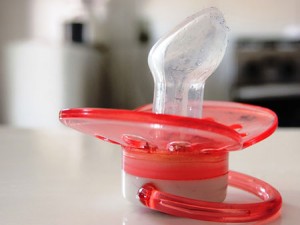It’s natural for a child to suck on its thumb or on a pacifier. It’s a comforting reflex for children, one that originates shortly after their first breaths of life. As the child gets older, this reflex will most likely carry through to times at nap, or any other time during which the child needs to soothe themselves. But, as the child gets older, thumb-sucking and also pacifier use can be detrimental to his or her oral health.
Thumb-sucking and Pacifier Use
No, this does not mean that a child who is sucking its thumb needs to have this habit immediately curbed, because for most children this is a difficult habit to break. But, you should be aware of the changes this habit can impose on the mouth if allowed to continue.
When you decide that you are going to wean your child away from this habit, here are a few helpful tips. First, understand that pacifier use is a much easier habit to break than thumb-sucking. Obviously a pacifier can easily be taken away, while the thumb is always attached to the child. When your child is old enough to understand praise, and what he or she is being praised for, use praise with your child when they don’t suck on their thumb.
Thumb-sucking vs Pacifier Use
Often, because a child uses thumb-sucking and pacifier use as a comforting habit when faced with anxiety, try to control the child’s anxieties. Help them find better ways to soothe themselves (again this is a good place for praise). If the child is older allow the child to be involved. Try allowing he or she to determine the way in which they quit. Obviously these are only a few options, and there are entire books dedicated to the same cause.
Remember, thumb-sucking and pacifier use take time to do damage to teeth and gums, so it’s not something that needs to be immediately curbed, but every parent with a child that uses this habit to soothe themselves, will eventually need to teach the child to stop. Contact Brian Francis DMD for all of your dental needs.


Nice article.